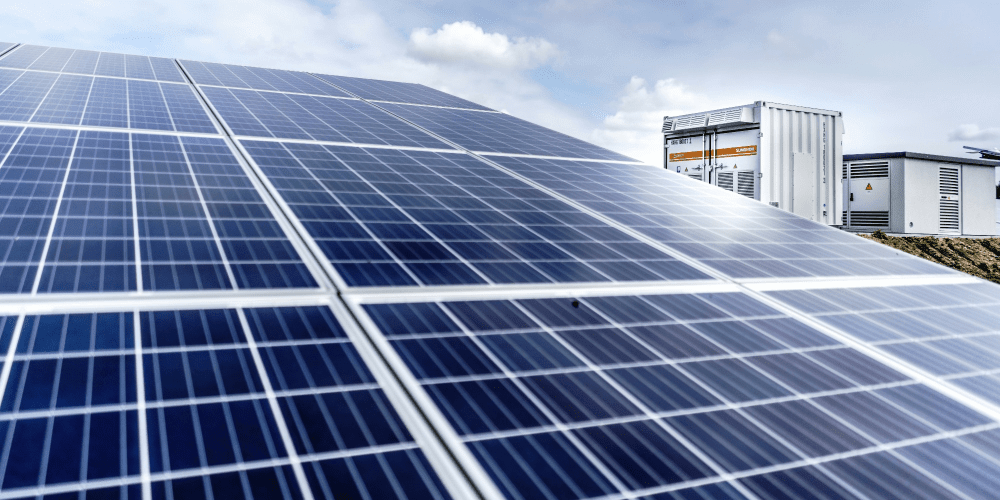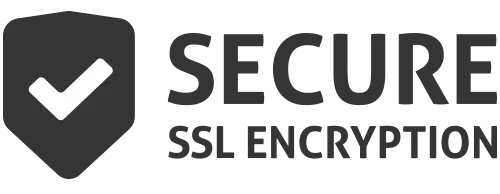Solar panel FAQs: answers to common questions
Curious about solar panels but not sure where to start? In this guide, we answer the most common questions Irish homeowners have about solar energy — from how solar panels work to what grants you can get and how much you’ll save.
How solar panels work
How do solar panels work?
Solar panels convert daylight into electricity using photovoltaic (PV) cells. These generate a direct current (DC), which is converted into alternating current (AC) by an inverter — so it can be used to power appliances in your home. Even in cloudy Irish weather, panels can generate a steady flow of electricity during daylight hours.
What’s the difference between solar PV and solar thermal?
Solar PV panels generate electricity, while solar thermal panels heat water. PV systems are more flexible — you can power appliances, lighting, and even charge an EV. Thermal systems are used specifically for hot water. Some homes use both, but PV is more common for households aiming to cut energy bills.
Do solar panels work in Ireland?
Yes — solar panels work well in Ireland’s climate. While we don’t get intense sunshine, we do get long daylight hours, especially in summer. PV panels don’t need direct sun — they work in overcast conditions too. A well-sized system can cover up to 70% of your electricity needs each year.
Do solar panels work on cloudy days?
They do. Solar PV panels operate using daylight, not just sunshine. While their output is lower on cloudy days, they still generate electricity, making them reliable all year round in Ireland’s weather.
Installation and roof requirements
How many solar panels do I need?
Most Irish homes need between 6 and 16 panels. A typical 3.2 kWp system with 8 panels covers about 60–70% of an average household’s annual electricity use. Your ideal system size depends on your usage, budget, and available roof space.
How much roof space do I need for solar panels?
You’ll need about 1.5–2 m² per panel. For a standard 3.2 kWp system (8 panels), this means around 15–20 m² of clear, unshaded roof space. South-facing roofs are ideal, but east- and west-facing ones work well too.
Do I need planning permission for solar panels?
In most cases, no planning permission is required. Updated rules in Ireland allow for unlimited rooftop solar panels on homes, and up to 300m² on farm or commercial buildings, without permission. Exceptions include protected structures or homes in conservation areas.
Can I install solar panels myself?
DIY installation is not recommended. To qualify for the SEAI grant, your system must be installed by a registered installer. Self-installation carries safety risks, voids warranties, and may not comply with electrical or planning regulations.
Solar panel costs and savings
How much do solar panels cost in Ireland?
Costs typically range from €6,000 to €10,000, depending on the system size and any extras like battery storage. A common 3.2 kWp system costs around €6,500, and you may be eligible for up to €2,400 back through the SEAI Solar PV Grant.
Will solar panels save me money?
Yes — they reduce your electricity bills significantly. A well-sized system can save you €300–€700 per year, depending on usage. Plus, any extra electricity can be sold back to the grid under the Clean Export Guarantee. Most systems pay for themselves within 6 to 10 years.
Grants and financial support
Can I get a grant for solar panels in Ireland?
Yes — the SEAI offers grants of up to €2,400 to homeowners installing solar PV panels. Your home must be built before 2021 and reach a BER of C or better after installation. You must apply for the grant before installation begins.
Will solar panels increase my BER rating?
Yes — solar panels can help improve your Building Energy Rating (BER) by reducing your home’s reliance on fossil fuels. A higher BER can increase your property’s value and make you eligible for more grants.
Can I sell excess electricity back to the grid?
Yes — under the Clean Export Guarantee (CEG), Irish homeowners can earn money for unused electricity exported to the grid. You’ll need a smart meter, and payments are handled through your electricity supplier. Rates vary by provider.
Battery storage, inverters, and grid connections
What is a solar inverter and what does it do?
A solar inverter converts the DC electricity from your panels into AC electricity for your home. It also lets you monitor your system’s performance. Inverters usually last around 10–15 years and may need replacing during your system’s lifetime.
Can solar panels power my home during a blackout?
Standard systems switch off during a power cut for safety. However, if you install a battery storage system with backup capability, you can keep powering your home during outages. Ask your installer about systems that include this feature.
Maintenance and lifespan
How long do solar panels last?
Most panels last 25 to 30 years, with performance warranties of 20–25 years. While they may become slightly less efficient over time, they continue generating electricity well beyond their guaranteed lifespan.
Do solar panels require maintenance?
Solar panels are very low maintenance. Rain usually keeps them clean, and they have no moving parts. It’s recommended to check performance regularly via your app or inverter, and have the system inspected by a professional every few years.
Environmental and energy benefits
Are solar panels environmentally friendly?
Yes — solar energy is clean, renewable, and produces no emissions. A typical Irish home with solar panels can offset several tonnes of CO₂ over the system’s lifespan. It’s one of the most effective ways to reduce your carbon footprint.
Getting started with solar
How do I get started with solar panels in Ireland?
The first step is to get quotes from SEAI-approved solar installers. They’ll assess your roof, energy usage, and recommend the right system. At Solarpanels.ie, we make it easy — just fill in a short form to get offers from trusted suppliers near you.


